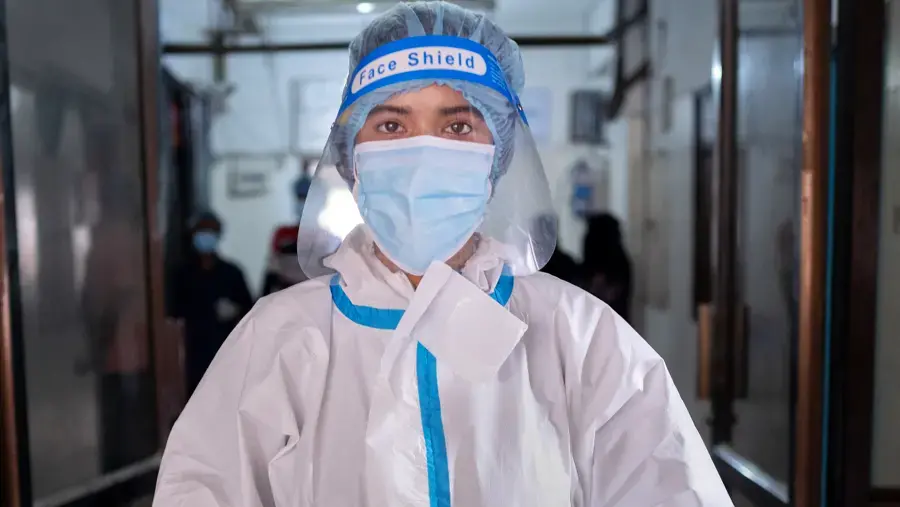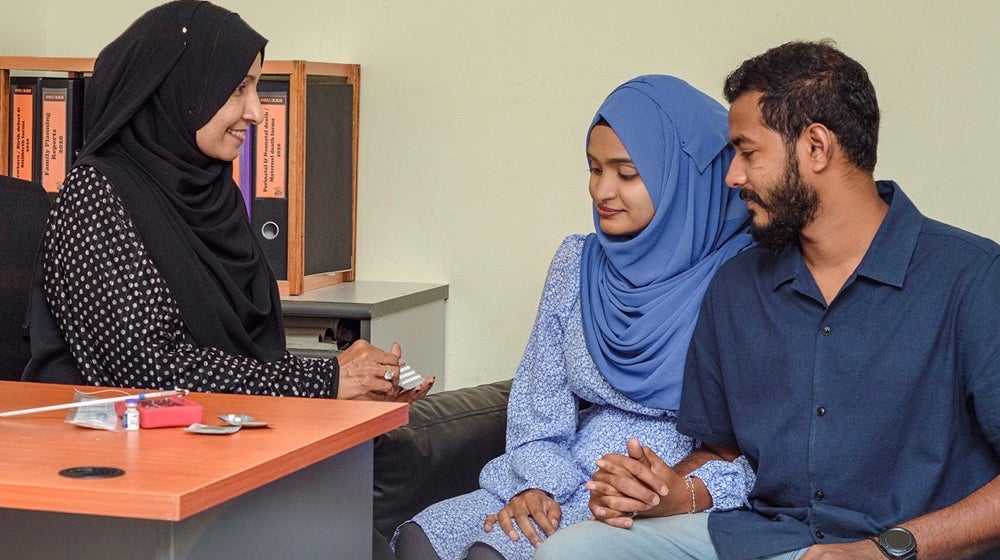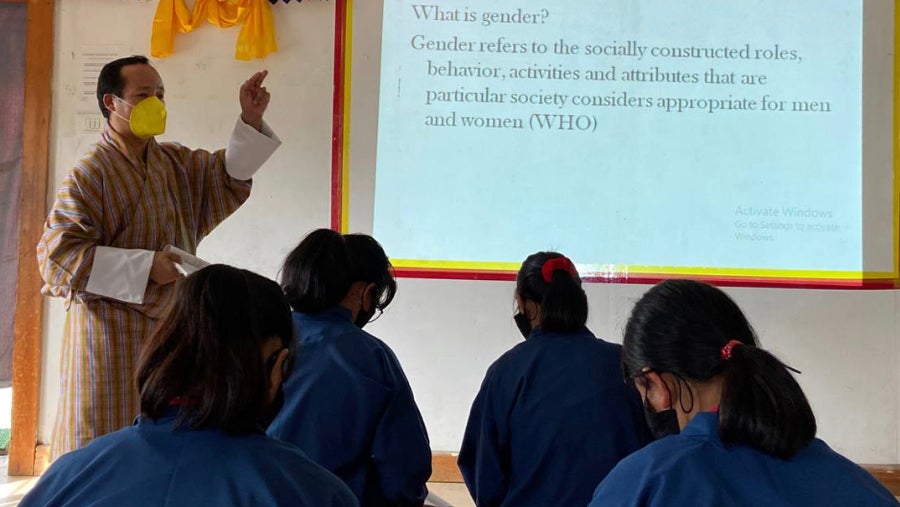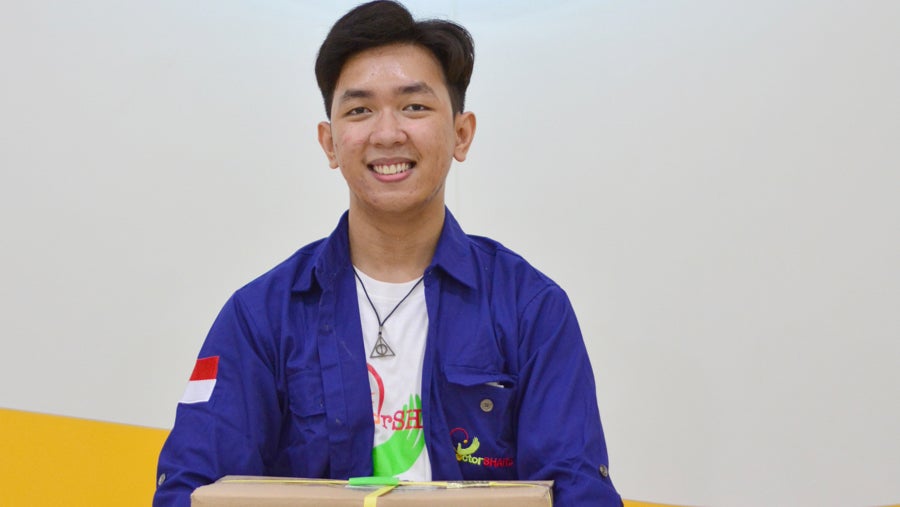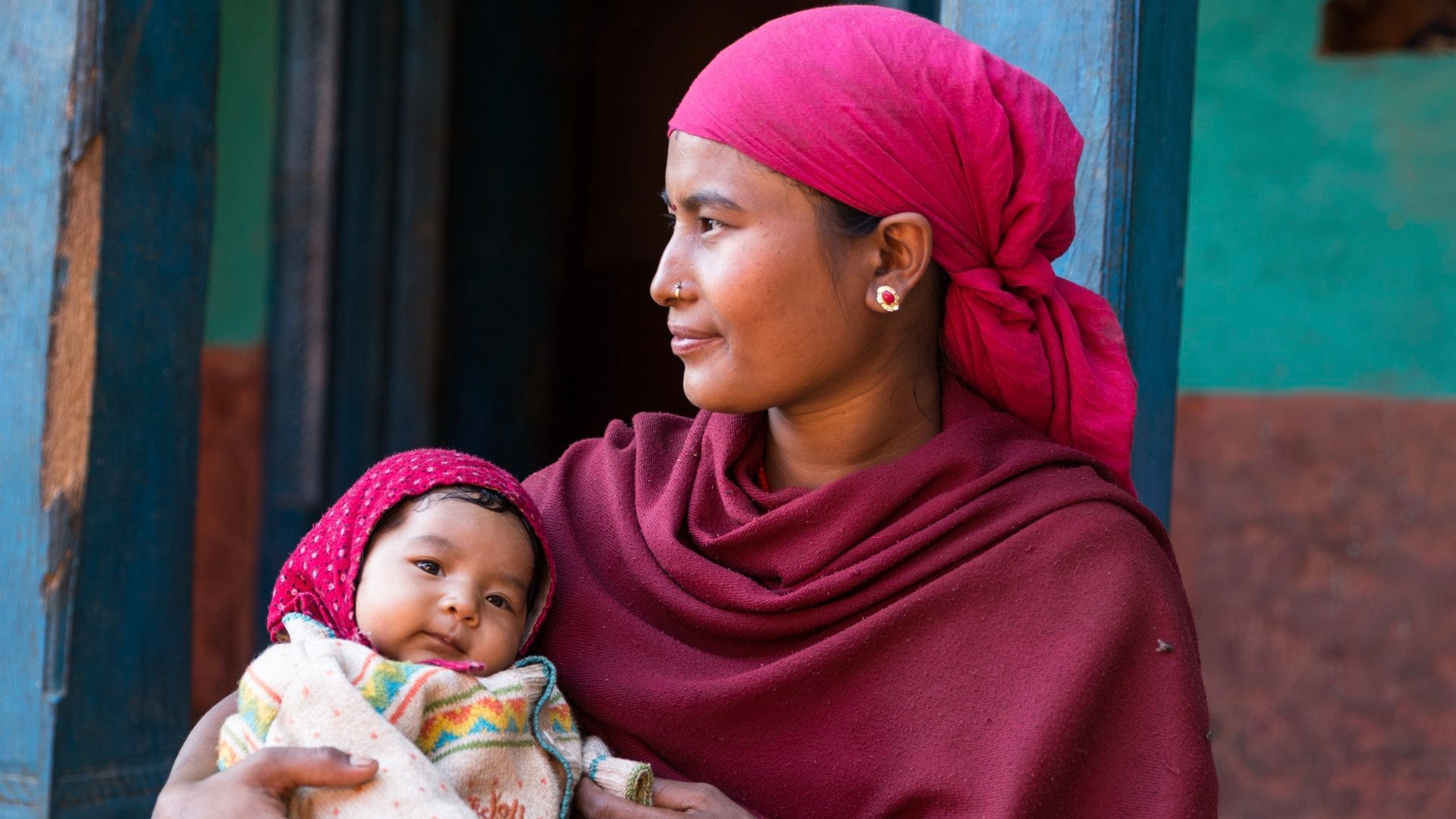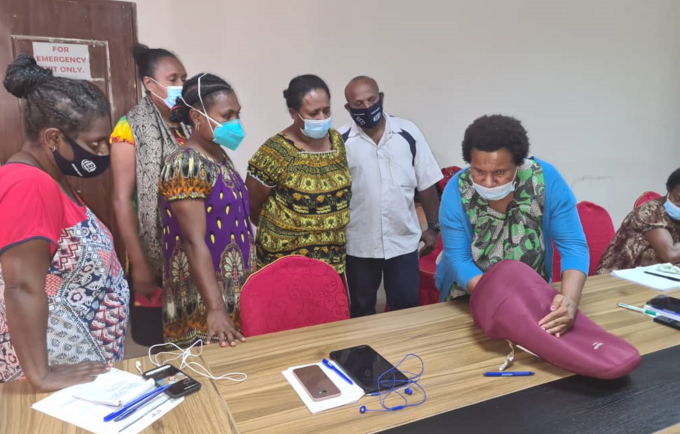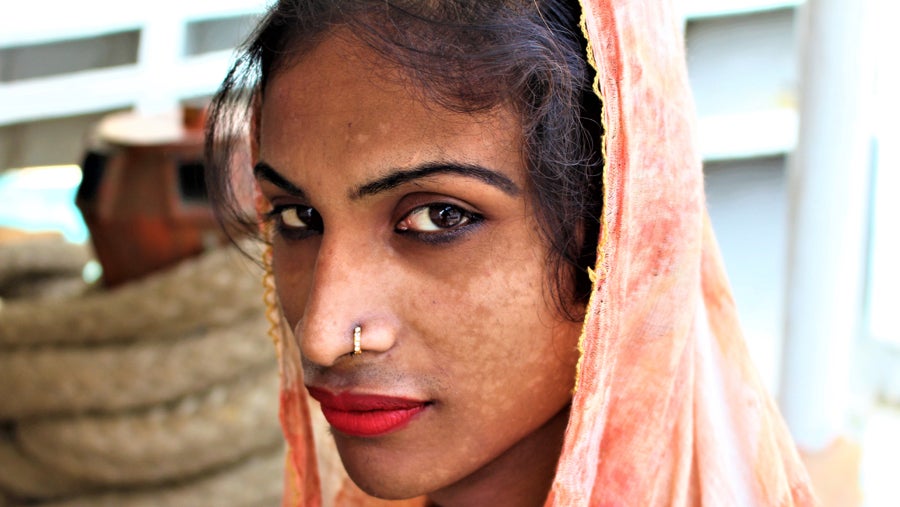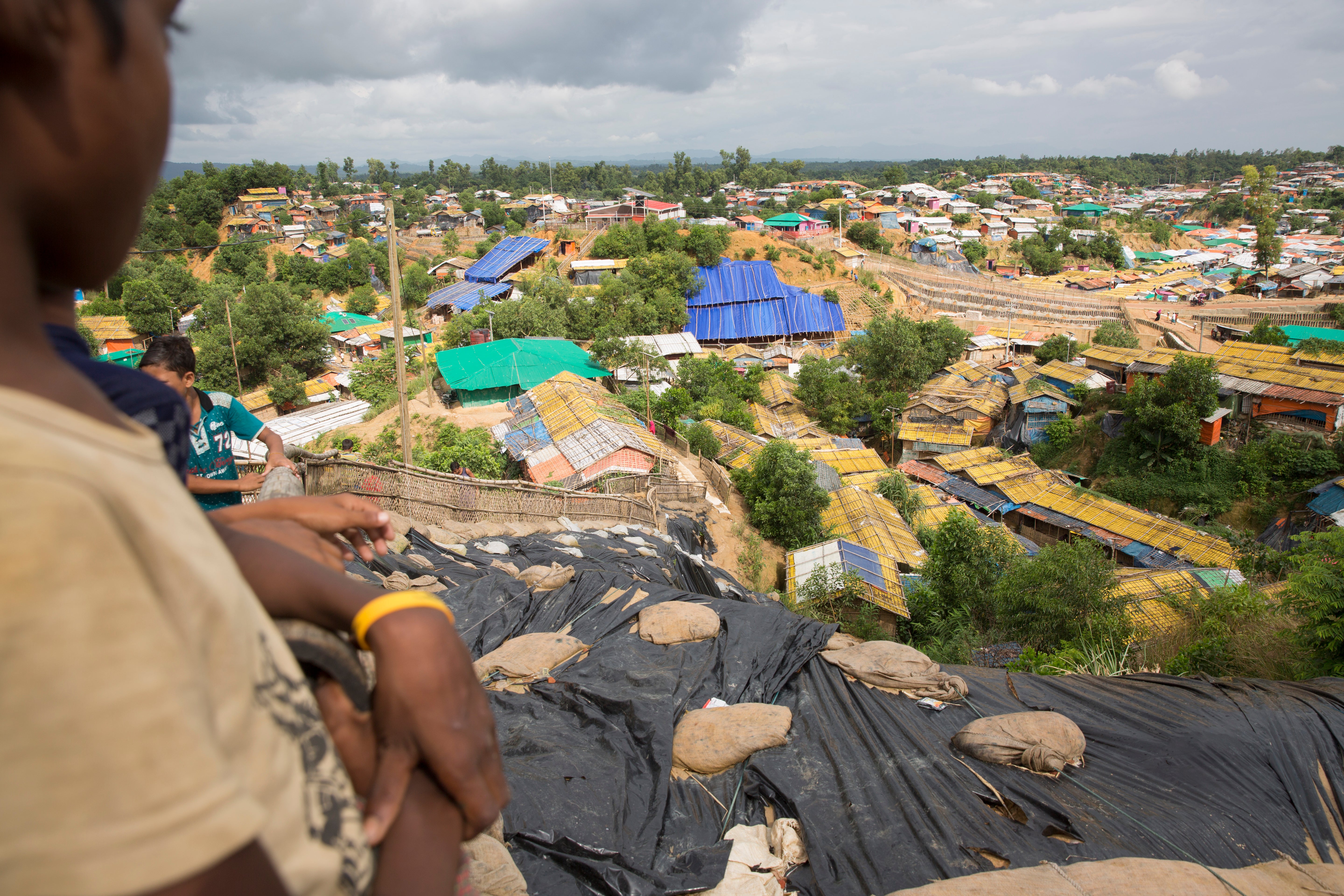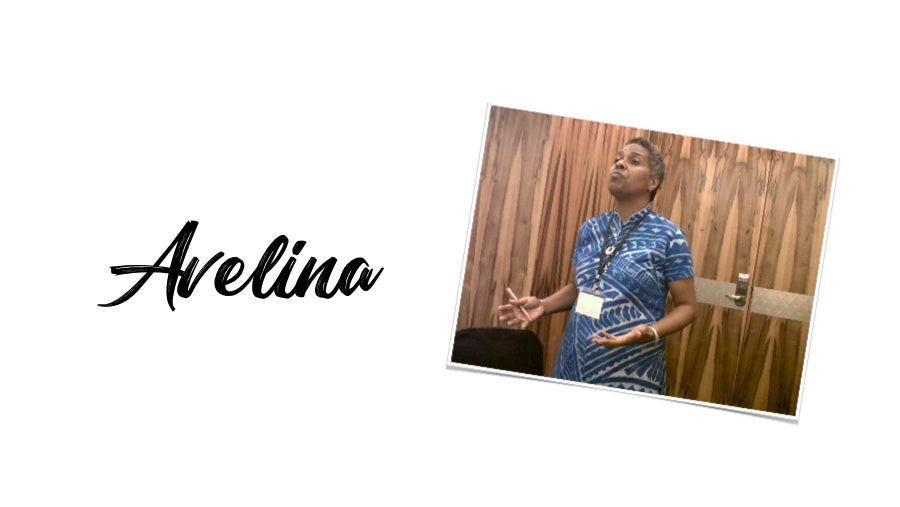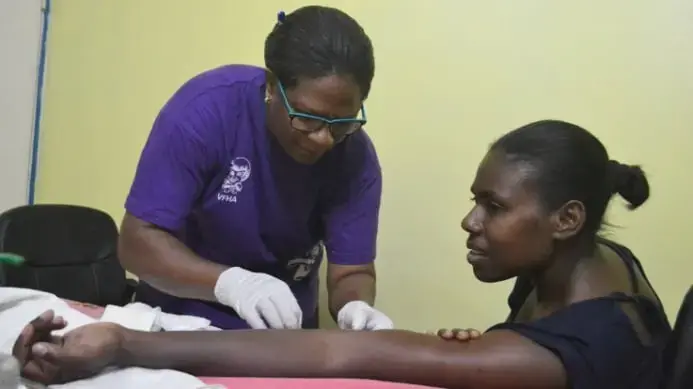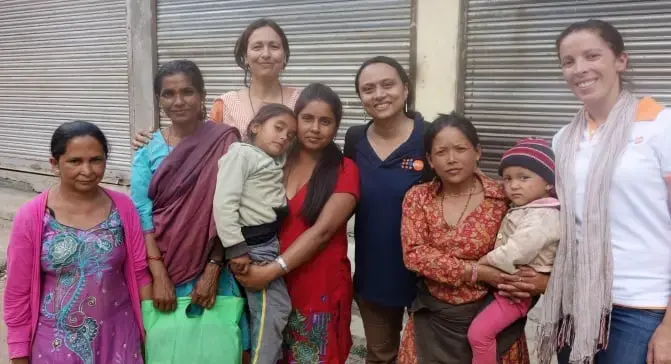Meeting the moment, to leave no one behind
Meeting the moment, to leave no one behind
The COVID-19 pandemic swept through Asia and the Pacific bringing with it lockdowns, movement restrictions and curfews and disrupting essential sexual and reproductive health and rights and gender-based violence services. In this new landscape, UNFPA had to strengthen advocacy, boost innovation, adapt service modalities and leverage the power of technology to ensure continuity of essential services while at the same time protecting frontline health workers.
The DFAT supported project enabled the investment to quickly implement COVID-19 response activities to ensure continued and improved access to sexual and reproductive health and rights and gender-based violence services across the region in six priority countries: Bangladesh, Bhutan, Indonesia, Maldives, Nepal, Papua New Guinea and in the Pacific.
Maldives: Sameena Mohamed is the Senior Community Health Officer and Head of the Public Health Unit at Kulhudhuffushi Regional Hospital in the Maldives. She is responsible for the reproductive health for women and girls in the community and the surrounding atolls. With integrated services at a DFAT-funded women’s health center, Sameena is finally able to combine antenatal checkup, postnatal couple sessions on family planning along with gender-based violence counseling support and youth engagement on reproductive health in one accessible center. READ MORE
133,072 people utilized integrated sexual and reproductive health services during the project implementation period across the project countries
Bhutan: “We do not expect anything because this service is committed from the heart,” says Thinley Namgyel. He is a vice principal and teacher in Trashigang district in eastern Bhutan. He is also a community-based volunteer who is specially trained to handle cases of gender-based violence. Through an organization called RENEW, he works with the local police and community leaders to ensure survivors of domestic violence get the support and protection they need. Thinley wanted to do something to help these women and children have a voice. “If they are to face these challenges of violence, at least I will voice their concerns, I will speak on their behalf and I will bring their problems to the notice of authorities for intervention.” READ MORE
248 service delivery points provided comprehensive gender-based violence service provision and referral mechanisms, including for mental health and psychosocial support across project countries
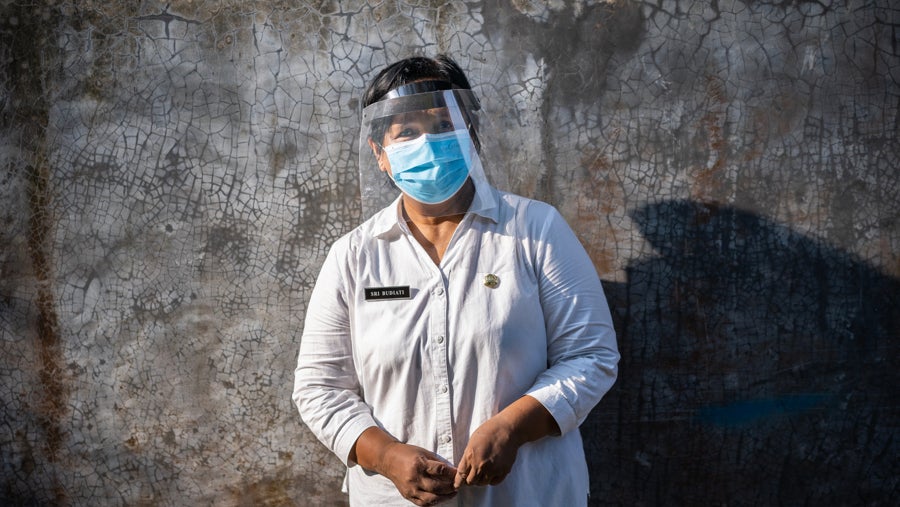
Indonesia: Personal protective equipment (PPE) is not an optional item for midwives in the pandemic. Without protection, service providers are at high risk of getting infected with COVID-19. Without service providers, there are no services. Midwives are on the frontlines of providing lifesaving services - including maternal health care for pregnant mothers. Providing PPE to protect midwives saves the lives of mothers and their babies.
Indonesia: Since December 2020, Andrew Japri and his colleagues have been working to deliver PPE to 546 midwives in Jakarta, West Java, and East Java province. He says the logistics of delivering equipment were made more challenging by the safety measures they put in place. “The distribution process required us to go to the field and meet the beneficiaries,” he says. “That is why we need to apply strict health protocols to protect ourselves, especially when we meet the midwives in the distribution points. READ MORE
13,953 health care providers were provided with personal protective equipment across project countries
Nepal: “We are working for the women,” Nirmal Kushwaha says. “We are delivering quality services for them.” He is a Project Officer with ADRA Nepal in the Sarlahi district. With his team, they provide family planning services for women in remote communities where services are adapted to meet the needs of cultural contexts. READ MORE
17 online platforms, hotlines and applications were established or strengthened to provide information on COVID-19 and sexual and reproductive health and rights across project countries
Papua New Guinea: UNFPA engaged the Maternity Foundation and supported orientation of the Safe Delivery App across the entire region for UNFPA staff, Ministry of Health partners and professional midwifery associations and health workers, particularly midwives. The Safe Delivery App is a smartphone application that provides skilled birth attendants with direct and instant access to evidence-based and up-to-date clinical guidelines on safe maternity care, including Basic Emergency Obstetric and Neonatal Care.
One of the most powerful reports of training impact came less than 24 hours after completing the training in October 2020. Mr. Polycard Iwik, a Resident Medical Officer from the Rumginae Rural Hospital, went back to his workplace and received a woman who presented with an incomplete miscarriage and had developed sepsis. He referred to what had been covered in the training and cared for the woman step by step using the guidance on the Safe Delivery App, saving the woman’s life. LEARN MORE
UNFPA worked with the Maternity Foundation to support virtual training on the use of the Safe Delivery App in Papua New Guinea, Indonesia, Cambodia, Lao PDR, Nepal and the Maldives
Bangladesh: “Third gender people have human rights,” says Md. Fosiul Ahsan. He is a part of the UNFPA humanitarian response to the Rohingya refugee crisis in Cox’s Bazar. He works on a holistic program to extend support to third gender people living in host communities and in challenging camp conditions where security fears are ever-present. “The needs of transgender communities sometimes do not make it onto the development or humanitarian agenda. Within their own community there is a lack of acceptance because of the deep-rooted conservativeness in the society.” READ MORE
8,329 people received a communication package on gender-based violence risks and availability of gender-based violence services across project countries
Bangladesh: “Young people do not have enough opportunities in the camps,” says Ashrafur Rahman. He works on adolescent and youth programs for UNFPA in Cox’s Bazar in Bangladesh. The goal of the overall project is to deliver meaningful services that engage young Rohingyas living in difficult conditions years after they fled violence in Myanmar. “Even before the design of the program we had extensive consultations with young people. Young people are engaged in implementation at the frontline level, they have full control of their program to deliver among their peers in their community.” READ MORE
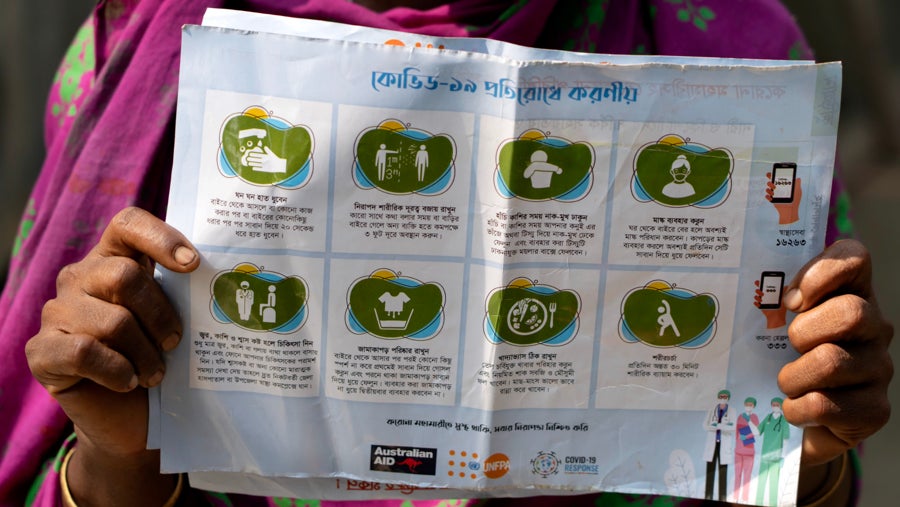
54 communications and advocacy materials on sexual and reproductive health and rights and gender-based violence were made available in local languages across project countries
Pacific: Avelina Rokoduru is the Director of the Pacific Sexual and Reproductive Health Research Centre, the research arm of the College of Medicine, Nursing and Health Sciences of Fiji National University. When COVID-19 hit, Avelina was forced to rethink how she and her colleagues worked. She needed to scale up the capacity of Pacific health workers to cope with the surge in gender-based violence. The restrictions of COVID-19 have led to collaborations that helped frontline health workers with virtual training. “This training is being offered through an online platform and it is reaching health-care workers who are receiving gender-based violence or mental health training where they work, out there in the region,” says Avelina. READ MORE
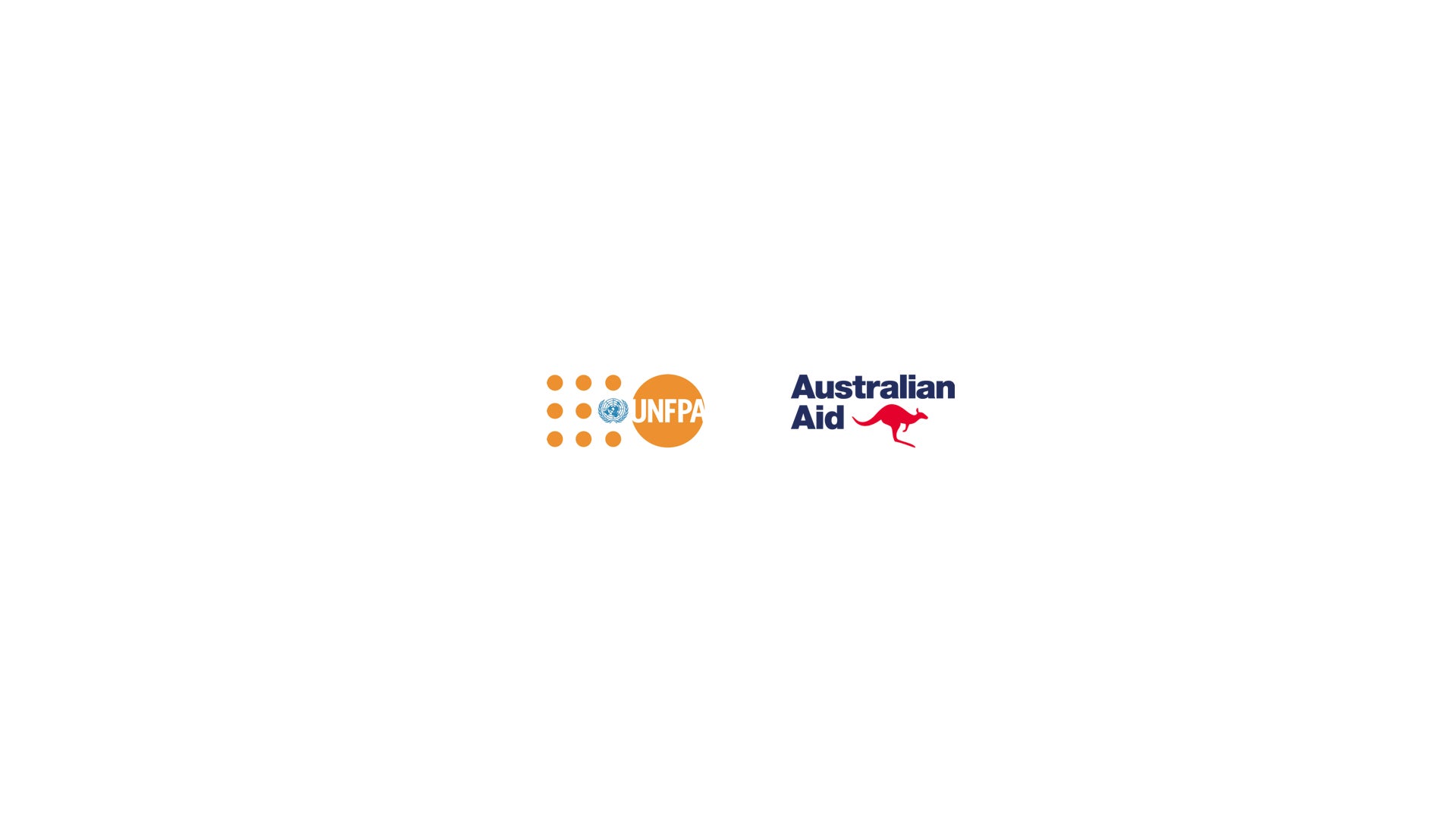
This work was made possible through funding from the Government of Australia, Department of Foreign Affairs and Trade (DFAT) in support of a regional COVID-19 project implemented by UNFPA and partners.

